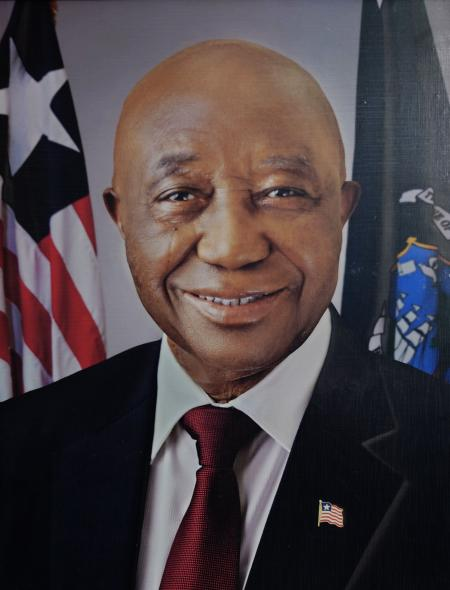
Street Child Liberia, a non-governmental organization established in the country with focus on providing education to vulnerable and street-connected children as well as providing opportunities through small business schemes for parents and caregivers, has launched its Coronavirus assessment report in Liberia.
According to the NGO’s Country Director, Andrew Tehmeh, two out of five, 38.4% of respondents in Liberia, spoken to view the extreme financial setback the deadly pandemic has created on the livelihood of every Liberian citizen.
Tehmeh said from the global survey Liberia has similar figures as Sierra Leone, where extreme financial setback has been brought on the citizenry of that country due to the pandemic. He said this response, which comes from the majority in the sample, can be seen as an outcome of experiences of the two countries during the Ebola virus epidemic.
The Country Director also lamented that, while not everyone would be affected by the impact of a shrinking economy due to shutdown, it can easily place the extremely poor in even greater hardship. At the same time, Tehmeh noted the next most cited group in terms of vulnerability are children and adolescents, 29%, and people who suffer from pre-existing illness, 16%.
He said children are mentioned due to parents’ high level of concern that children would be unable to apply all social distancing methods.
Discussing more on the Assessment Report completed by his team, he said about 60% of the respondents see hunger as the risk most likely to result from the Coronavirus, even higher than the global average of 56%. He said this can be accounted for by the fact that the sample includes persons with disability as well as the vulnerable groups, and further reflects the consequences that respondents fear the extreme poor could suffer from the pandemic.
According to him, the lack of opportunities for learning and recreation is the second most cited, representing children and adolescents as the most at-risk groups. Violence from armed groups is the third most cited, reflecting the traumatic memory of the bloody civil crisis that killed thousands of Liberians.
He spoke on a wide range of issues regarding the just-completed assessment report across Liberia, particularly in the areas of protection, challenges and coping mechanisms.





